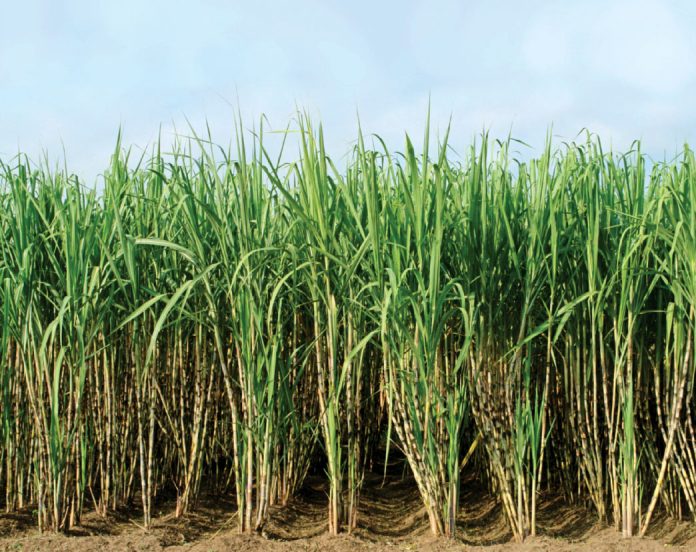–Owners claim insufficient crop for sugar production; farmers accuse mills of delay tactics
LAHORE: Punjab’s powerful sugar mill owners continue to halt the production of sugar during the ongoing crushing season on the pretext of the shortage of sugarcane in spite of evidence pointing otherwise.
Though the owners claimed insufficient crop, dozens of trollies loaded with sugarcane could be seen at the gates of these sugar mills, waiting to unload the yield.
On consistent complaints, the deputy commissioner of Muzaffargarh had to act against sugar millers for their refusal to buy the crop after farmers, led by PPP MNA Raza Rabbani Khar and local MPA Abdul Hayee Dasti, approached him for redressal of complaints.
The action in Muzaffargarh provided a brief relief to farmers. But, elsewhere, they haven’t had enough luck.
According to sources in the sugar industry, about 30 sugar mills out of 41, were not carrying out production process without delay flouting the undertaking they submitted to the government for getting No objection Certificate (NoC) for the formation of a sugar mill.
A senior official with the PSMA, however, told Pakistan Today that at present the mills couldn’t carry out the production process without delays due to scarcity of sugarcane. “The sugar mills require a sufficient amount of sugarcane to continue the production process without any halt,” he added.
He added that presently the sugar mills are producing sugar for 1-2 days and then stops the production for a day or two and then start again as they don’t have enough sugarcane required for the production process.
‘EXPLOITATION’:
On the other hand, farmers rejected the PSAM stance, saying that delay in purchase of the crop was an old ploy by millers to exploit them.
Syed Ghulam Abbas, a Rahim Yar Khan-based farmer, told Profit that sugar mill owners delay the purchase of sugarcane crop on purpose due to which the weight and sucrose content of the sugarcane crop is lost but the sugar content remains the same.
He added that he lost around 300 mounds of sugarcane crop because one of the sugar mills used delaying tactics in buying his sugarcane and issuing him the permit.
Another farmer agreeing with him said that the sugar mill owners delayed the purchase of sugarcane from him and rats and other insects were destroying his crop. “It forced me to sell my crop to one of the owners in Rs120 per mound only, as there was fear that my crop would be wasted completely,” he said.
Although the sugar mills association claimed that the production was halted only because of the insufficient amount of sugarcane, facts state otherwise. According to figures available with the scribe, the production area of sugarcane was 1.756 million acres in 2018 compared to 1.86 million acres in 2019.
‘MIDDLEMEN’:
Another problem that the farmers face is the existence of the middleman. These brokers purchase the crop in peanuts from the farmers and sell them to the mill owners at a higher rate.
Malik Abdul Razaq, a sugarcane farmer from Faisalabad, said, “I sold my sugarcane crop to the middle man for Rs145 per mound instead of the government rate of Rs190 because he offered me instant cash unlike the mill owners.
Allah Ditta, a Layyah farmer, said mills do not make timely payments. “I am still waiting for my payments of the last year,” he added.
THE CARTELS ARE NOT ‘NEW’:
A senior official working at the country’s competition watchdog, the Competition Commission of Pakistan (CCP) told Profit that soon after its inception in 2007 the CCP busted the sugar sector cartel, which was looting consumers through controlling the production, sale, and trade of sugar.
A senior official at CCP confirmed that they were keeping a close watch on the activities of sugar mills and PSMA and would act against the owners if any discrepancies observed.
“However, despite widespread concerns, the hardcore proofs of cartelization haven’t surfaced yet, something that the CCP needs before it can move against the so-called sugar cartel,” the senior official said.
He also added that they had put in place a system of “informant reward” and “leniency” to help reach the roots of cartels. Any such information and names of the informers are kept confidential under the Competition Leniency Regulations 2019.
























